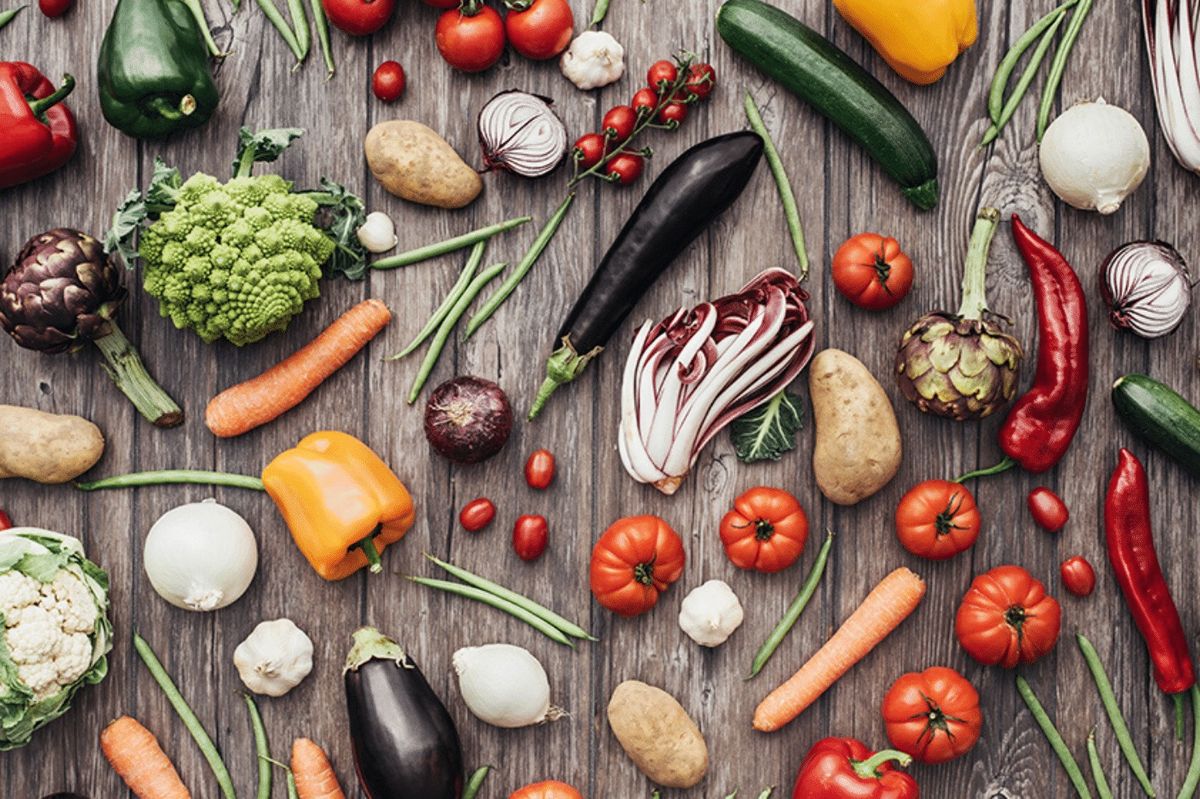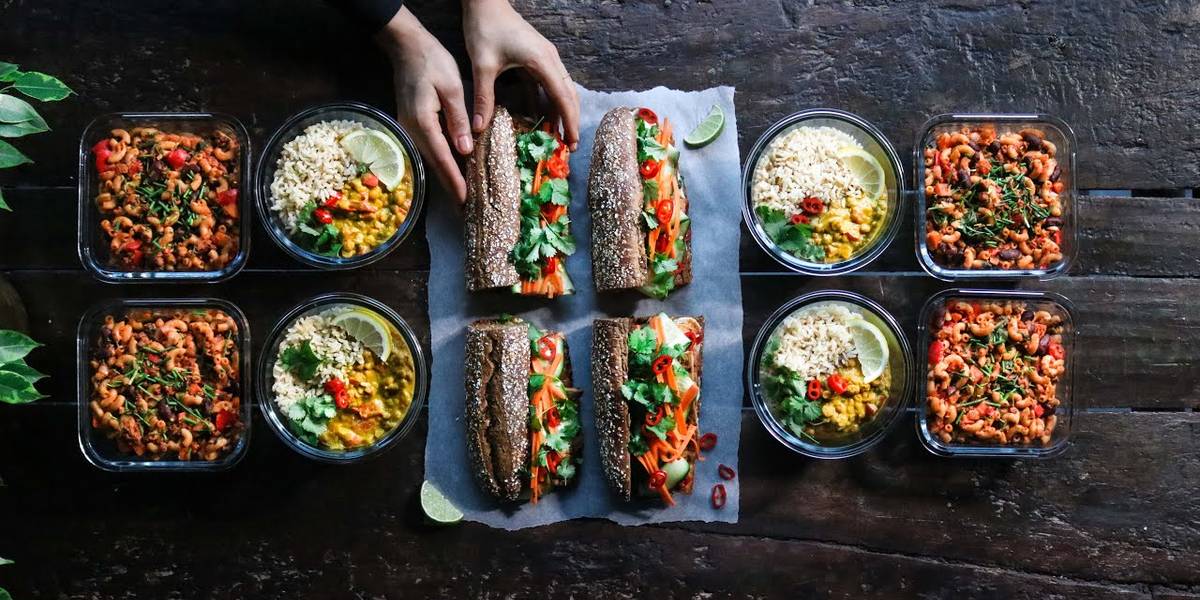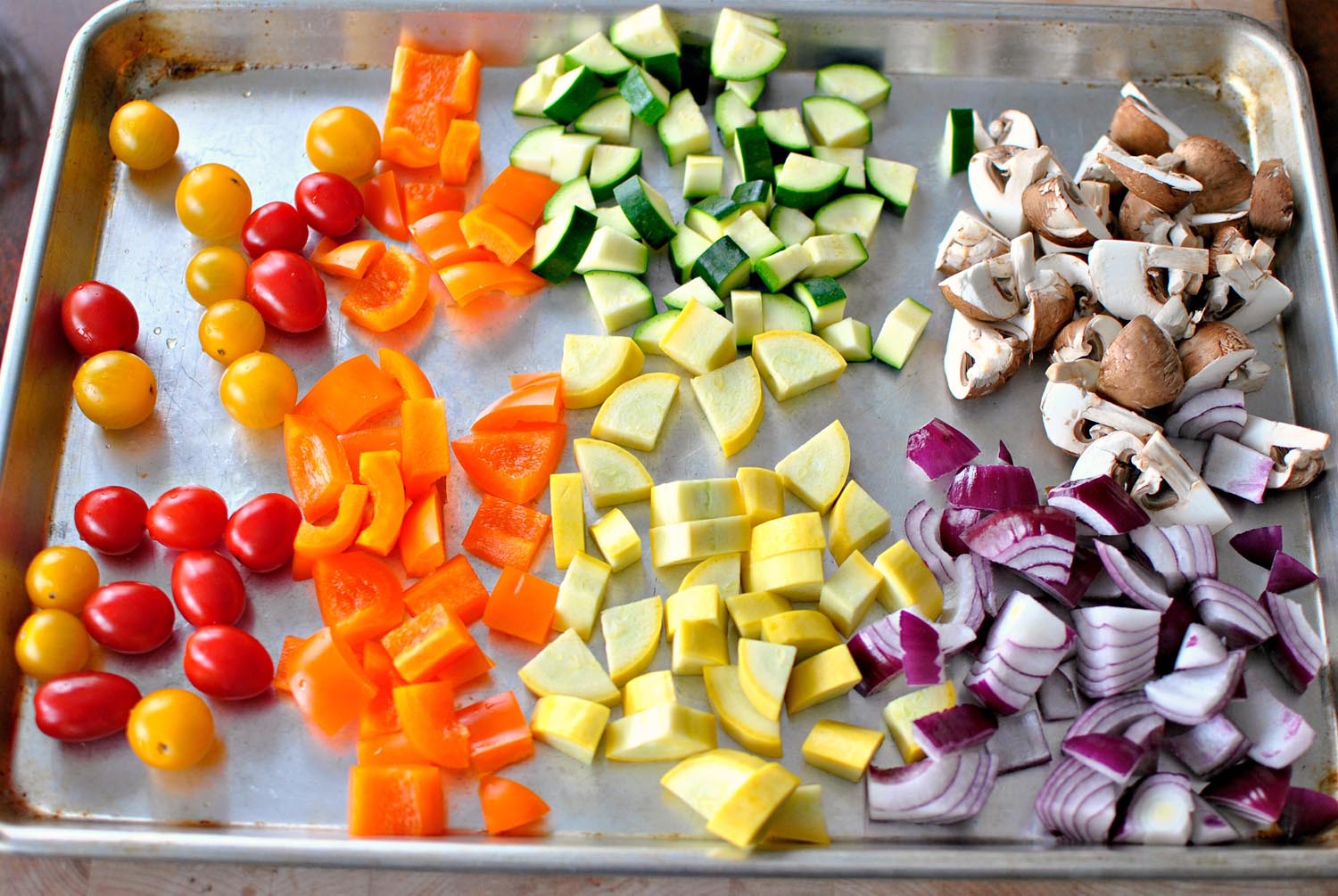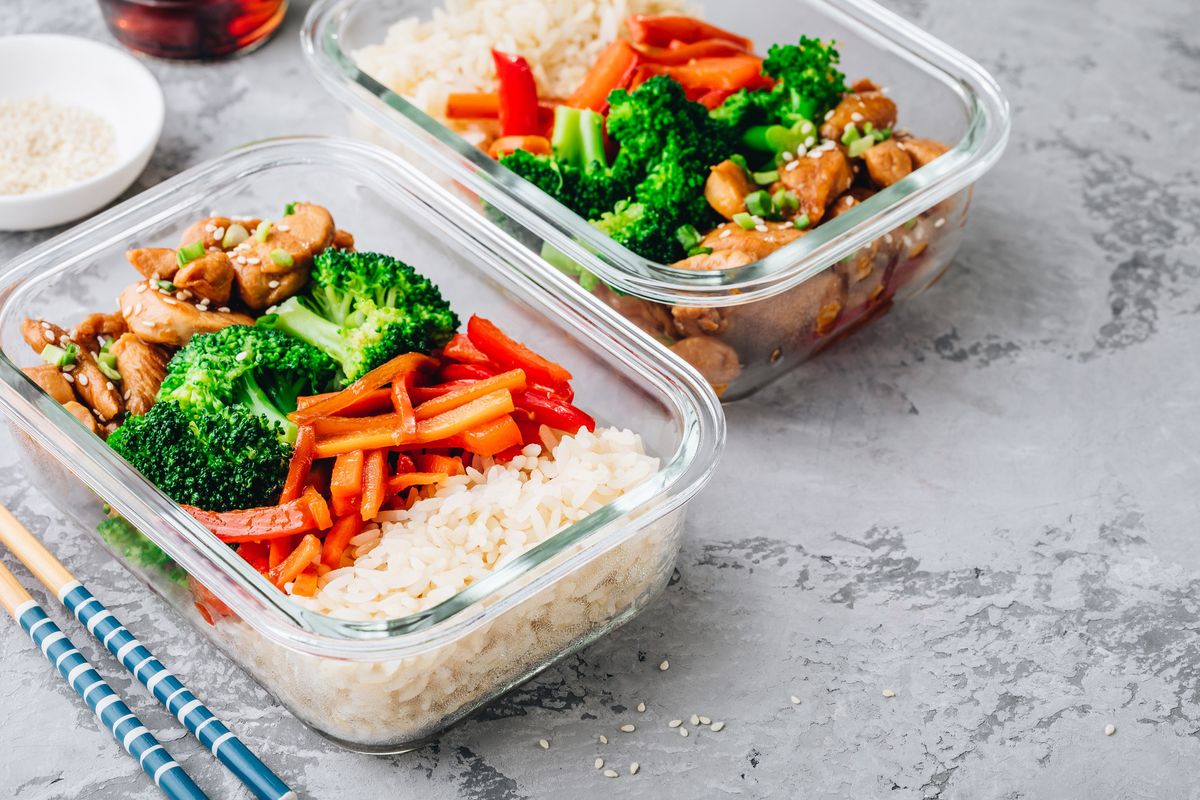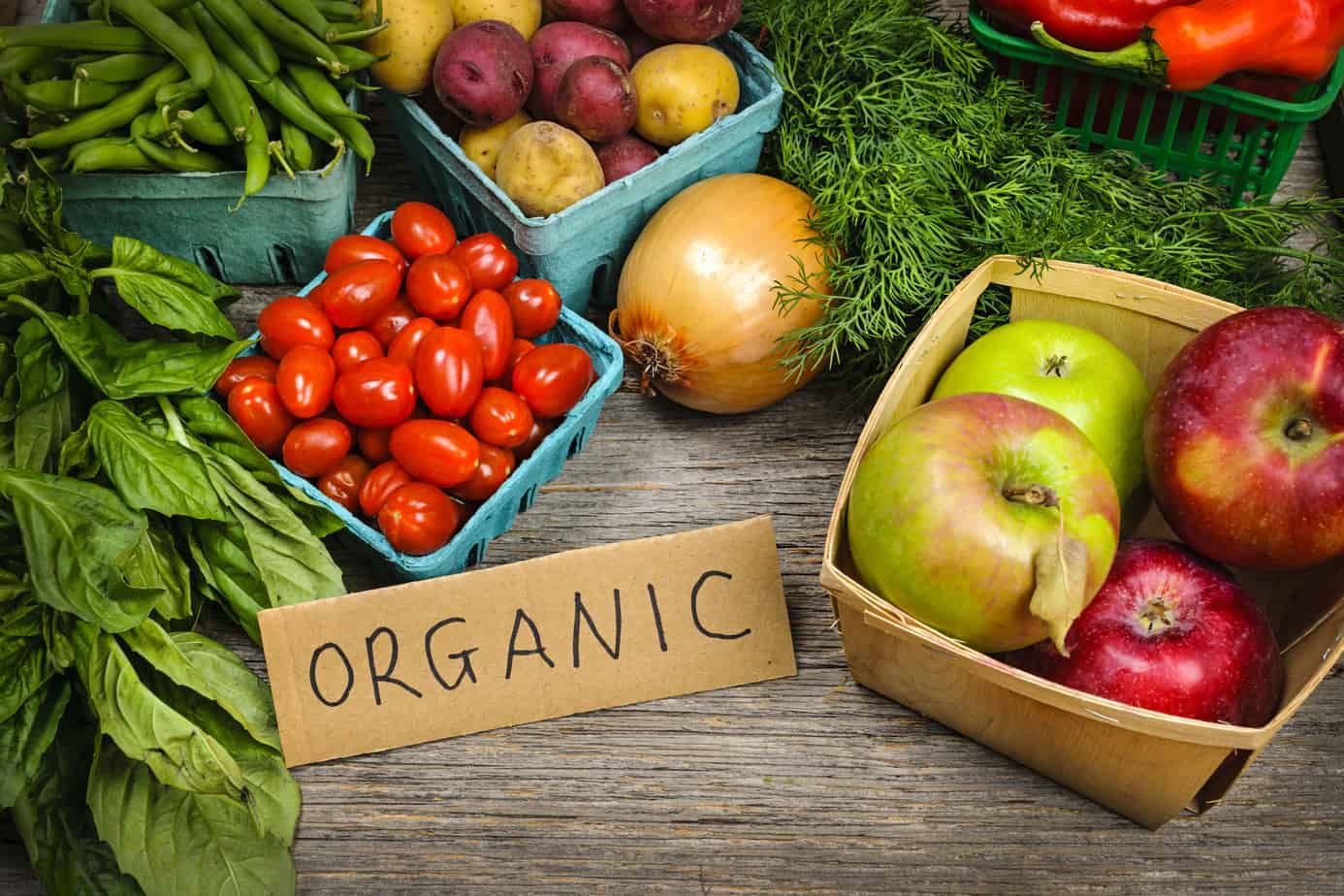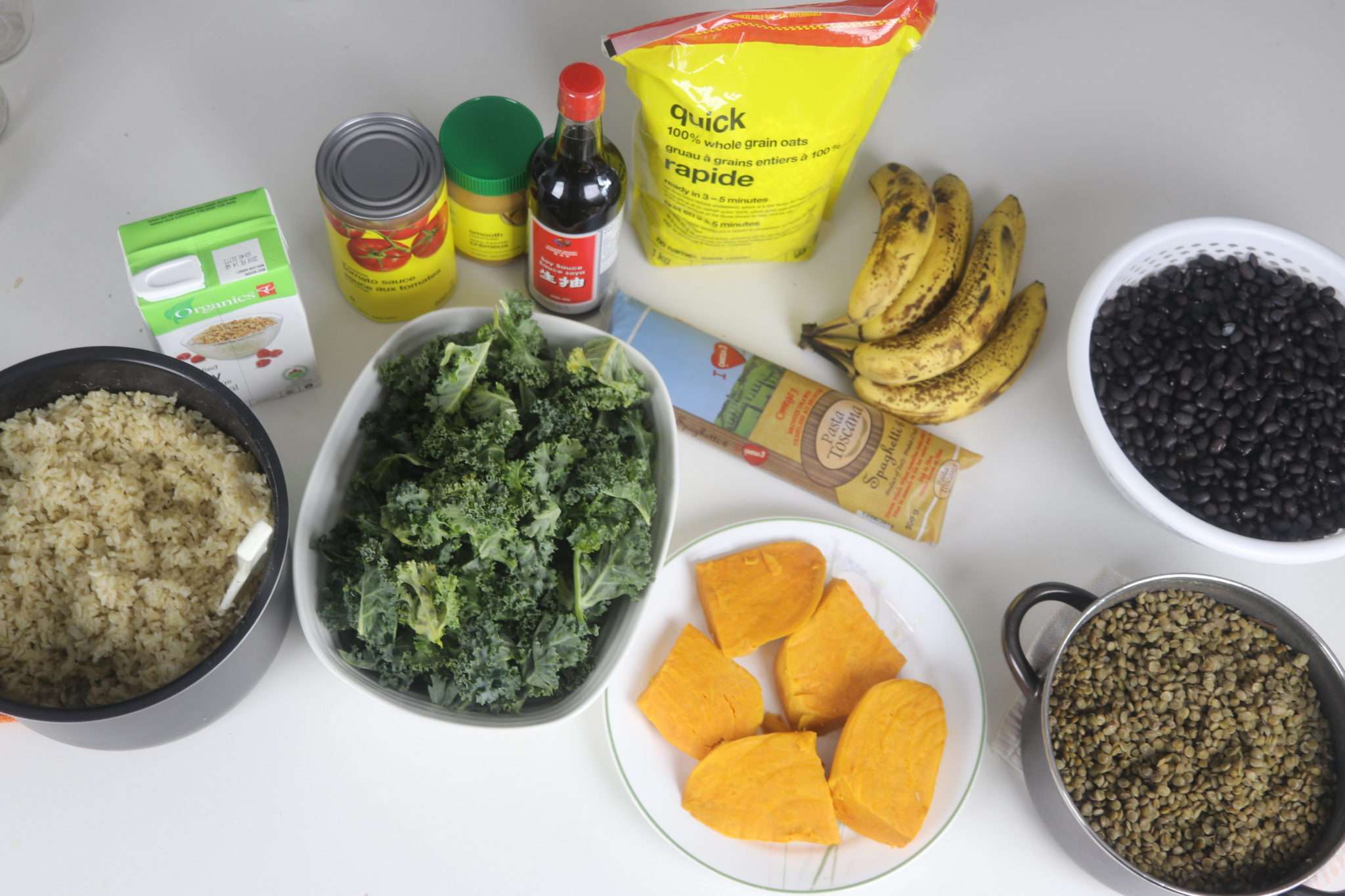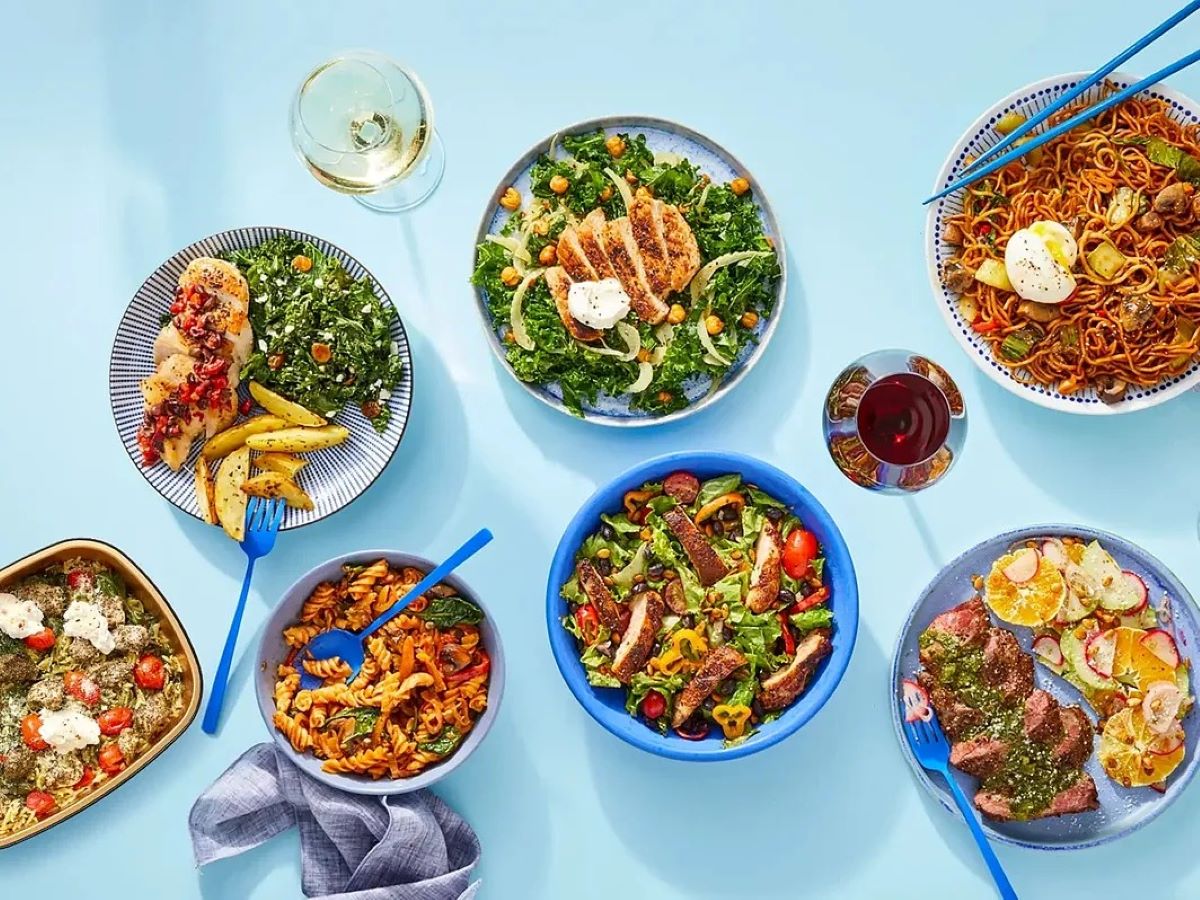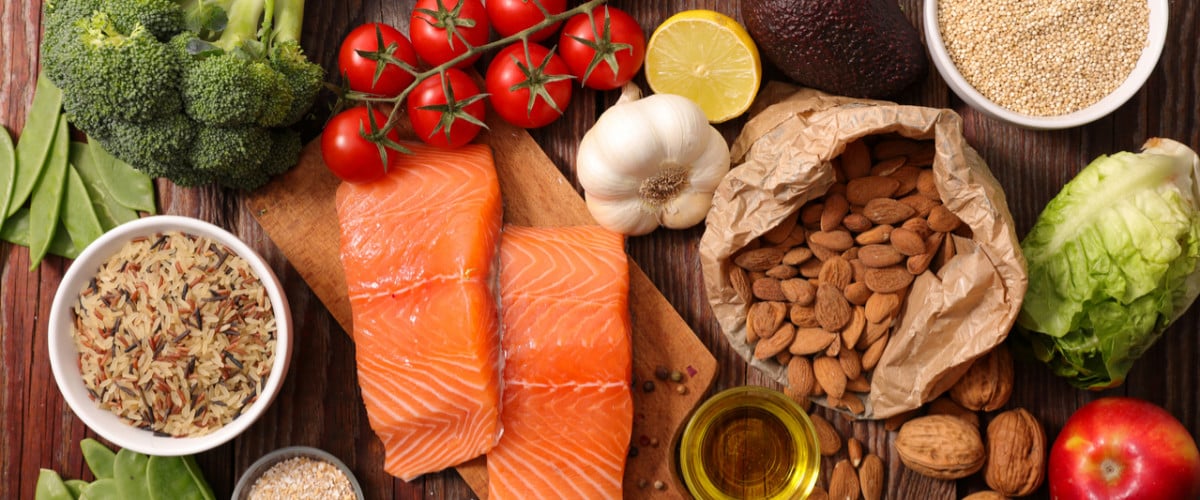How to Enjoy Organic Food on a Budget in the US
Organic food is known for its health benefits and environmental sustainability, but it can sometimes come with a higher price tag. However, with some smart shopping and meal planning, it’s possible to enjoy organic food even on a tight budget in the US. Here are some tips to help you eat organic without breaking the bank:
1. Shop at Farmers’ Markets
Farmers’ markets are a great place to find affordable organic produce. Local farmers often offer their products at lower prices than grocery stores, and you can sometimes even negotiate prices for bulk purchases. Plus, you’ll be supporting small-scale farmers and getting the freshest produce available.
2. Join a Community Supported Agriculture (CSA) Program
CSA programs allow you to buy a share of a local farm’s produce for a season. This can be a cost-effective way to get a variety of organic fruits and vegetables each week. Many CSA programs also offer work-trade options, where you can help out on the farm in exchange for a discounted or free share.
3. Buy in Bulk
Shopping for organic staples like rice, beans, and oats in bulk can save you money in the long run. Look for stores that offer discounts for buying larger quantities, and consider splitting bulk purchases with friends or family to further reduce costs.
4. Grow Your Own
If you have the space, consider starting a small organic garden. Growing your own fruits, vegetables, and herbs can be a rewarding and cost-effective way to enjoy organic produce. Even if you don’t have a yard, you can grow herbs and some vegetables in pots on a sunny balcony or windowsill.
5. Prioritize Your Purchases
Not all produce needs to be organic. Some fruits and vegetables have thicker skins or peels that provide a natural barrier against pesticides. The Environmental Working Group’s “Dirty Dozen” list highlights the produce with the highest pesticide residues, so consider prioritizing organic options for these items.
6. Plan Your Meals
Meal planning can help you make the most of your organic purchases. By creating a weekly meal plan and shopping list, you can avoid impulse buys and reduce food waste. Look for recipes that use similar ingredients to make the most of your organic purchases.
7. Look for Discounts and Coupons
Many grocery stores and online retailers offer discounts and coupons for organic products. Keep an eye out for sales, promotions, and loyalty programs that can help you save money on organic food. You can also check the websites of organic brands for printable coupons or sign up for their newsletters to receive exclusive offers.
8. Consider Frozen and Canned Options
Frozen and canned organic fruits and vegetables can be more budget-friendly than fresh produce, and they often have a longer shelf life. Stocking up on these items when they’re on sale can help you save money and ensure you always have organic options on hand.
By implementing these tips, you can make organic food a part of your budget-friendly lifestyle in the US. With a little creativity and planning, you can enjoy the health benefits of organic food without overspending.



